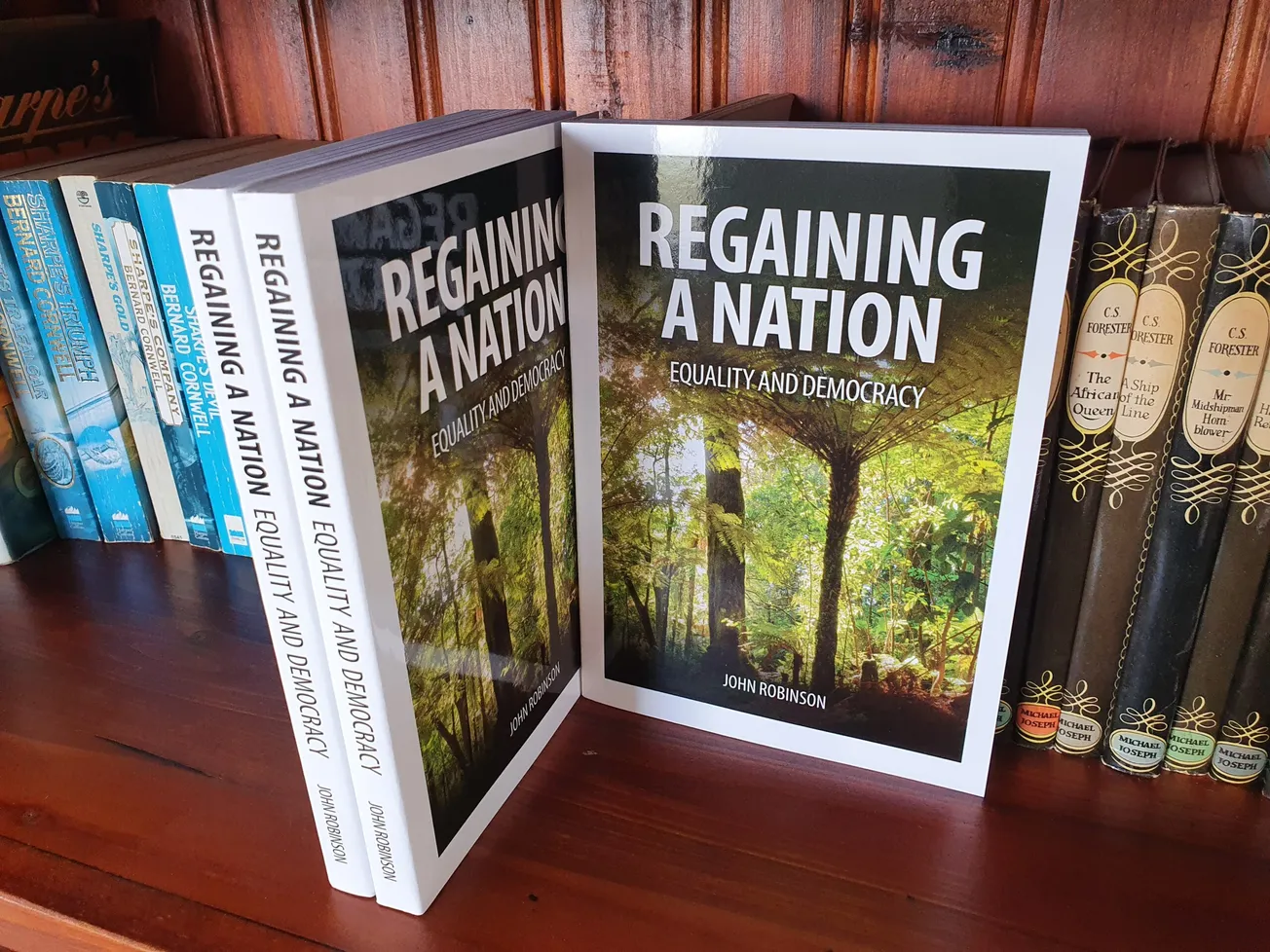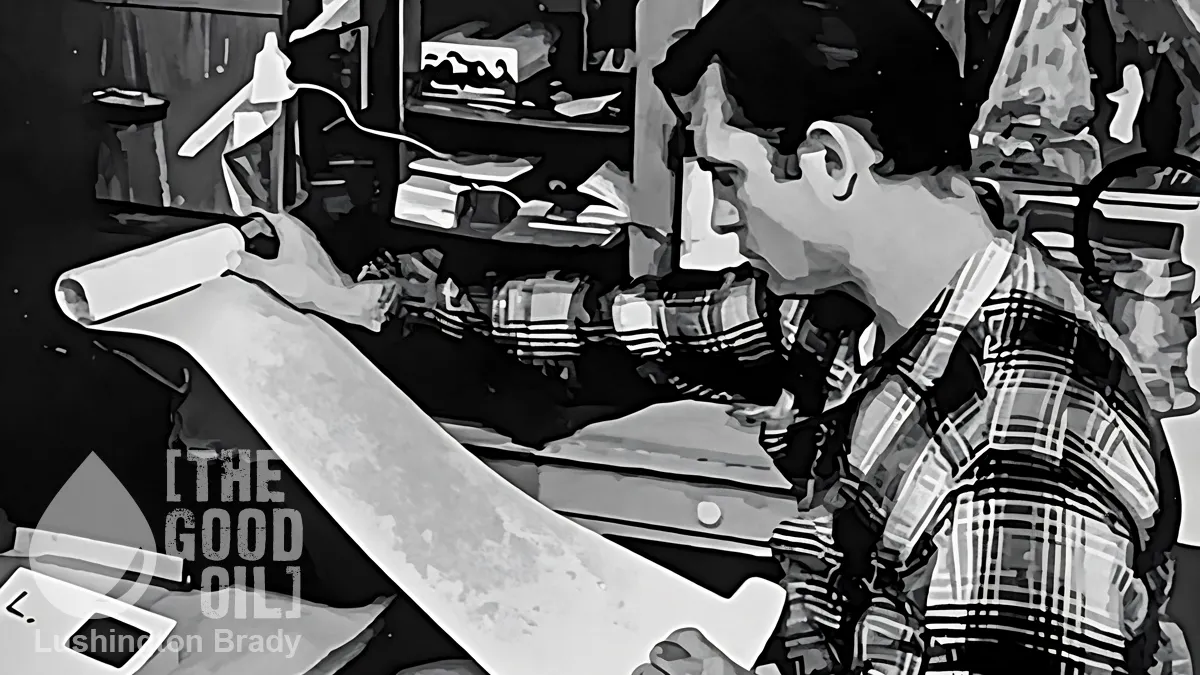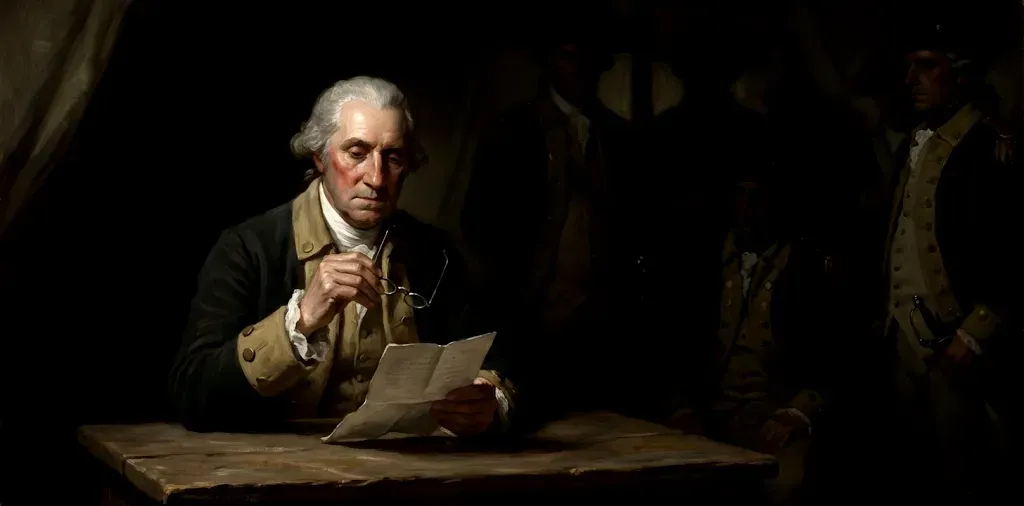Table of Contents
Rob Paterson
REGAINING A NATION
EQUALITY AND DEMOCRACY (2022)
238 pages
Author: Dr John Robinson PhD
Main Topic: The Benefits of Colonisation for New Zealand
Publisher: Tross Publishing (RRP $35 incl. postage)
Email : trosspub@gmail.com
Rating 5 Star *****
Target audience: All Kiwis
Reviewer: Rob Paterson, Retired Lawyer, Tauranga
Book Contents
Introduction
Preface – Crisis 2022: Apartheid New Zealand
Book itself is divided into 4 main Parts
Part 1 Celebrating Colonisation – 11 Sections
Part 2 Building a Nation – 8 Sections
Part 3 Destroying Democracy – 10 Sections
Part 4 Recovery – 4 Sections
Full Bibliography and Index
This is yet another excellent effort by John Robinson, following on from his recent noteworthy books on culture and recent developments in New Zealand, namely Dividing a Nation – The Return to Tikanga (2019) and He Puapua – Blueprint for Breaking up New Zealand (2021).
John Robinson is a prolific and respected writer and commentator on New Zealand history and associated issues. The standard of his work is, as always, of the highest calibre, well-researched and properly referenced.
This book is for every Kiwi who is concerned about the welfare and future wellbeing of New Zealand as a functioning nation. We should all be very proud of our country’s past achievements, heritage, fairness and equality.
Dr Robinson summarises how the extremism, pursued by the part Maori tribal elites and their sycophantic bedfellows in the Labour Government along with a compliant media, has led to the crisis we are currently experiencing.
Part 1 Celebrating Colonisation looks at the establishment of New Zealand as a British colony that almost certainly saved Maori from self-destruction, as it brought an end to the worst elements of the tikanga of the time – inter-tribal warfare, cannibalism, slavery, female infanticide and the oppression of women.
Over the past 182 years the life expectancy for all New Zealanders including part-Maori has steadily risen; the population has grown significantly, especially in the 20th Century, and living standards have improved for everyone with better access to health and education services. From World War II on, with the influx of part-Maori into urban areas, there have been wider job opportunities and incomes have increased. There is plenty for part-Maori and all New Zealanders to “celebrate” from colonisation.
Part 2 Building a Nation deals with the factors that have built New Zealand into a modern, prosperous democracy. Crucial elements in this process have been the expansion of the economy and exports, and the opening up of the country as roads, railways, bridges and tunnels made connections between isolated areas and linked the major settlements.
As John Robinson says, it has been a “proud story” and for all New Zealanders, and for Maori in particular, colonisation was responsible for: –
- Not bringing slavery but freedom
- Not bringing war but peace and security
- Not conquest but coming in friendship, answering a call for help
- Not bringing racism but equality.
Part 3 Destroying Democracy addresses the road to increasing tribalism and preferential treatment for the part-Maori elites in particular. The first section deals with the widely discredited Waitangi Tribunal, whose members have made the organisation a very powerful, self-sustaining and racist institution. Only Maori can take cases to the Tribunal, despite the fact that non-Maori have suffered hundreds of breaches of Te Tiriti o Waitangi. Maori applicants are taxpayer-funded and resourced to do so.
Billions of dollars, provided by the taxpayer, have been handed out to the tribes, but little has trickled down to the poorer, non-political Maori people. Meanwhile, the He Puapua programme, aiming ultimately at co-governance, is being steadily and stealthily rolled out, as the iwi leaders, politicians, lawyers and academics get richer and more powerful.
The resultant sad story has been the current undermining of New Zealand’s democracy.
Part 4 The Recovery
Equality and democracy and what is required to achieve this
- All citizens of New Zealand to have the same political rights, obligations and duties
- All political authority to come from the people by democratic means including always a united ballot of all the electorate together, noting that
- New Zealand is a multi-ethnic liberal democracy where discrimination based on ethnicity is illegal.
The Great Challenge ahead:
The high spot of this in-depth and very informative book is about what needs to happen to counter the subversion of our constitution and rights. To regain equality and democracy, Dr Robinson spells out 14 policies which need to be carried out to end the favouritism and tribal privilege which have made part-Maori “more equal than others” over the last fifty years.
Dr Robinson also emphasises that the diverse groups and lobbies who want real democracy need to come together with one clear goal, which is an insistence on equality in law and government and a rejection of racial separation. He makes the point that the vast majority are currently unaware of what is happening. Clearly, people need to cooperate to re-establish that egalitarian society where everyone can have a fair go.
Meanwhile, a small, ideologically-driven minority is steadily taking over the country, and the majority of Kiwis need to stand up, resist that process and take us back to the days of equality and democracy.
In the words of Edmund Burke. “In our time all it takes for evil to flourish is for good men and women to do nothing”.
This book should be widely read, and New Zealanders need to draw their own conclusions from the facts. This book should be made readily available in all public and school libraries.
Remember always:
- Denying the truth does not change the facts
- Truth matters above all else
- The great enemy of the truth is very often not only the lies, deliberately contrived and dishonest as they may be but the associated myths which are pervasive, persistent and unrelenting.
Buy a copy today from Tross Publishing for $35, including postage within NZ









